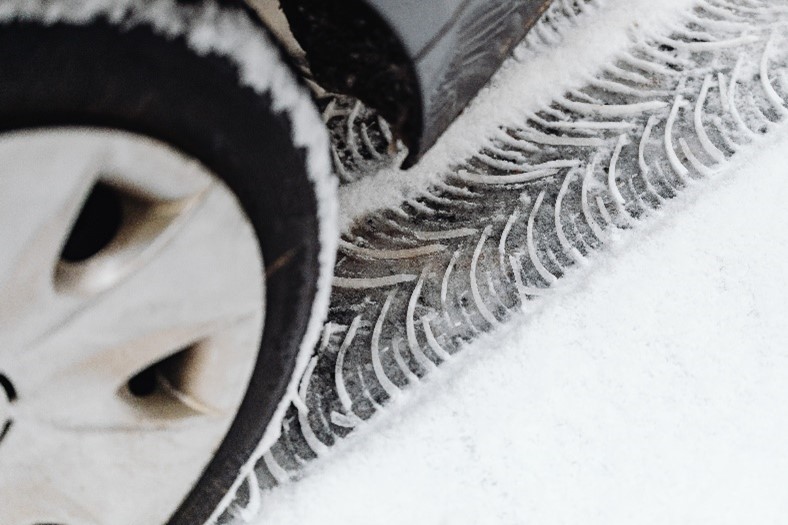Blog
XTG highlights 5 Reasons to Switch from All-Season Tires to Winter Tires
October 6, 2022

When you think of all-season tires, you expect that they will be effective for the winter seasons, but this is not always the case. All-season tires are made for winter and summer conditions, so they work in wet and dry conditions, but they are not equipped to handle the intense cold and conditions of a harsh Canadian winter. They will not provide the same traction and control as winter tires do.

However, according to a report from the Traffic Injury Research Foundation title ‘Winter Tires: A Review of Research on Effectiveness and Use’, winter tires offer better braking and acceleration than all-season tires, especially when the temperature is 7 degrees C and below.
Here are some of the reasons why those who are using all-season tires should switch to winter tires.
1. Rubber Compounds Made for Winter Weather
At first glance, one might think that the main difference between winter and all-weather tires is the tread. In truth, it’s the rubber compound that does most of the job. Designed to remain soft under 7 °C, winter tire tread can stay elastic and stick to the road, providing superior grip. On the contrary, the rubber compound all-season tires are made of stiffens when it gets cold, causing them to slip on snow and ice-covered pavement.
2. Water Evacuation Prevents Hydroplaning
Unlike all-season tires, winter tires are engineered to evacuate water. When pressing on ice or snow, they melt the surface layer which transforms into a film of water. Equipped with hundreds of sipes, winter tires channel that water to the side, preventing hydroplaning.
3. Better Braking in All-wheel Vehicles
All-wheel drive vehicles are great, but they are not winter-proof. They might be better at accelerating, but they’re not better at stopping. When it comes to braking and cornering, you’ll be significantly safer with winter tires, no matter the number of driven wheels.
4. Shorter Stopping Distances
In emergencies, being able to quickly stop your vehicle is crucial. With their advanced technology, today’s winter tires ensure shorter stopping distances. Experts say that below 0 °C, a vehicle equipped with all-season tires stops at a 30% longer distance.
5. More Aggressive Treads

Xtreme Tire Garage Winter Tires
Explore Xtreme Tire Garage’s winter tire options using our tire search tool. We offer a variety of options for your specific vehicle as well as rebates and promotions to save you money.
Feel free to speak to a service advisor for more information and to obtain a quote for your vehicle.
WANT TO LEARN MORE? GIVE US A CALL!
Our Xtreme team will be more than happy to answer any questions you may have and assist you with anything you need.

